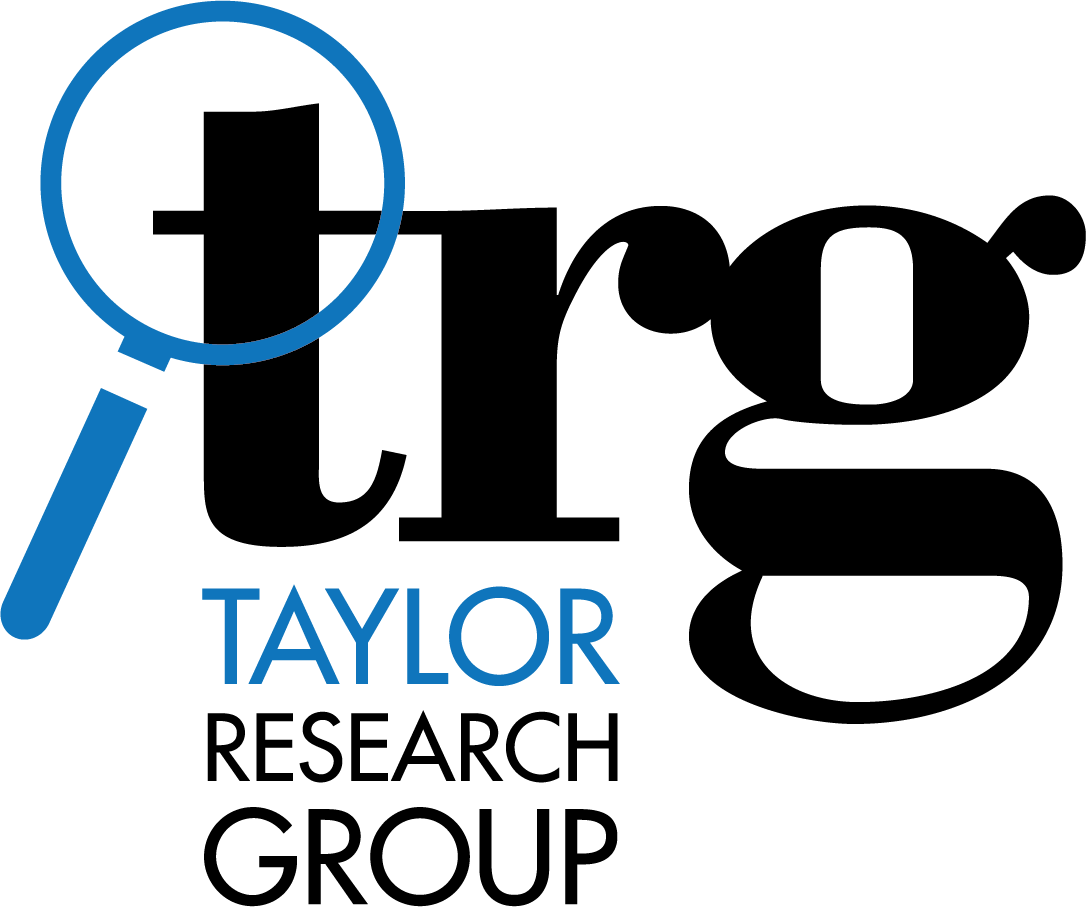For the past 14 years, Taylor Research Group (TRG) has touted our ability to obtain obscure archival records on our clients’ behalf. In light of the continued closure of many repositories due to the COVID-19 pandemic, however, the textual documentation we routinely review is now largely inaccessible. As a result, we have spent the past few months honing our online research techniques and investigating digitized caches of historical records.
This 1977 map of Baltimore Harbor is an example of the types of maps TRG can obtain remotely. It contains detailed data about the harbor’s depth and also identifies the presence of cables, pipelines, tanks, and spoil areas. (Credit: National Ocean and Atmospheric Administration).
Thus far, our efforts have been quite successful. TRG now maintains a detailed inventory of online resources that hold records related to asbestos, environmental contaminants, U.S. Navy/Coast Guard vessels, and more. Our researchers are able to strategically mine these collections to uncover documentation relevant to our clients’ needs. We also continue to submit Freedom of Information Act (FOIA) requests, which enables TRG to obtain copies of records from federal and state government agencies across the country.
Our research team continues to work diligently from their home offices. (Credit: Avel Chuklanov, Unsplash)
Below is a sampling of the research we have been able to achieve remotely in the last five months:
Environmental, Legal, and Commercial Research:
Retrieved U.S. Naval operational records regarding the historic use of polychlorinated biphenyls (PCBs) in shipyard operations.
Obtained electronic copies of historical sanitary and sewer records connected to a former military property.
Collected documentation related to construction contracts at historical nuclear power facilities.
Identified a reclamation fill area as a disposal site of polychlorinated biphenyls (PCBs) by mining digitized environmental site assessments, reports and other documentation.
Utilized a variety of primary and secondary sources – including historical property records – to analyze the cultural significance of potentially archaeologically-sensitive propertie
Received permit, incident, and compliance records connected to a contaminated site in response to a FOIA request.
Accessed digitized photographic, video, and textual Department of Defense records to assist in documenting a veteran's service history.
Ordered and received business filings from the corporation divisions of numerous states to assist with corporate succession research.
Coordinated with museum staff members to obtain copies of local telephone directories and company records.
Collected newspaper articles and economic reports related to U.S. investments in foreign government agencies.
Ordered and received a death certificate to verify an individual’s cause of death.
Tracked down specific commemorative stamps issued by the U.S. Postal Service.
Collected aerial photographs of an industrial waterway dating back to the 1930s.
Asbestos Research:
Identified the location of specific vessels, the personnel aboard them, and images of machinery spaces and crew by mining U.S. Navy Cruise Books.
Collected Navy Deck Logs that identified the daily location of particular vessels which confirmed overhaul periods, ports of entry, and the occurrence of specific accidents.
Provided product identification information related to the main machinery and equipment aboard specific vessels. We have been able to supply this data to our clients by combining our detailed cache of notes on 1,000+ Navy, Coast Guard, and Merchant Marine vessels with extensive online research.
Confirmed the presence – including exact arrival and departure dates – of Navy veterans (and their crewmates) aboard various vessels through the collection of muster rolls and personnel diaries.
An excerpt from a WWII-era Navy Log Book that TRG researchers were able to collect remotely. (Credit: National Archives and Records Administration).
As the list above denotes, we have been able to leverage our toolbox of electronic resources and expertise with the FOIA process for a range of clients and projects. Please contact us to learn more about how we can uncover essential documentation for your particular legal case or historical inquiry during this time of ongoing repository closures.



